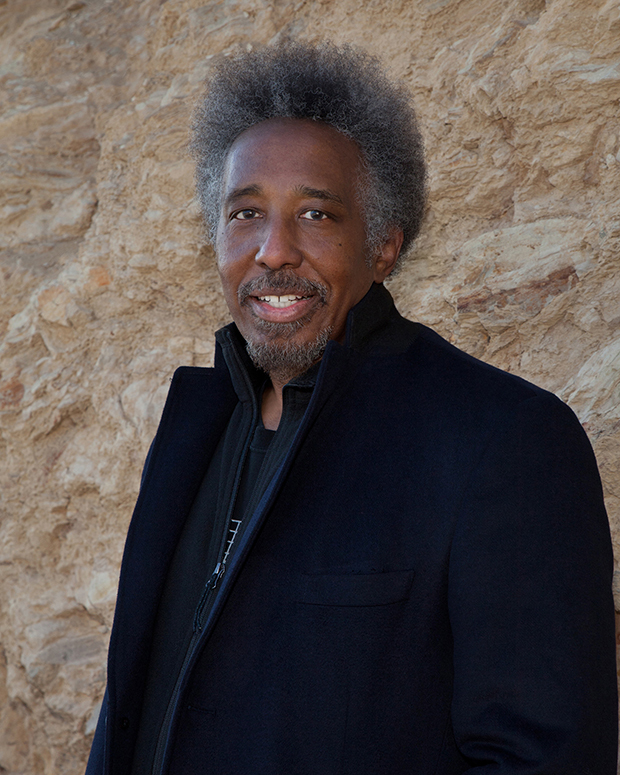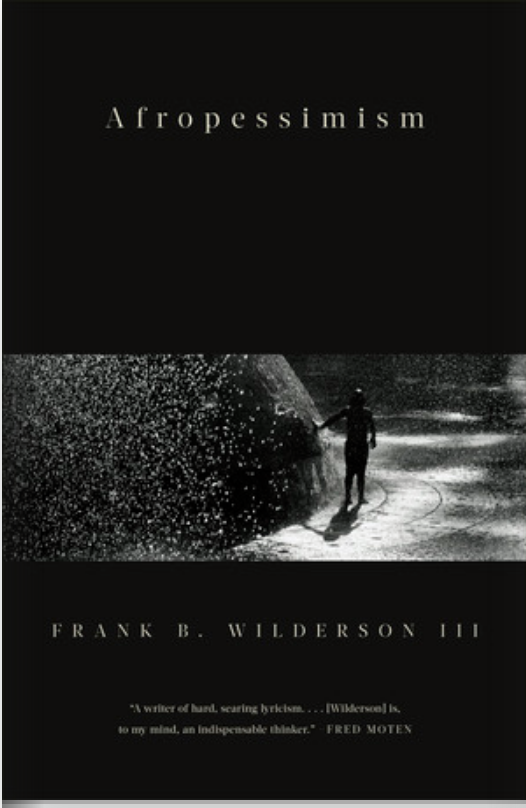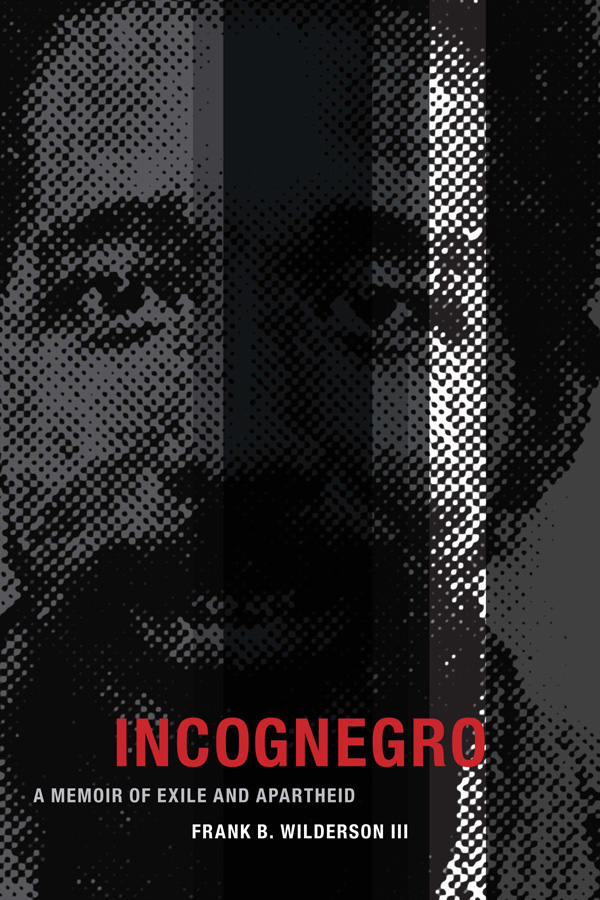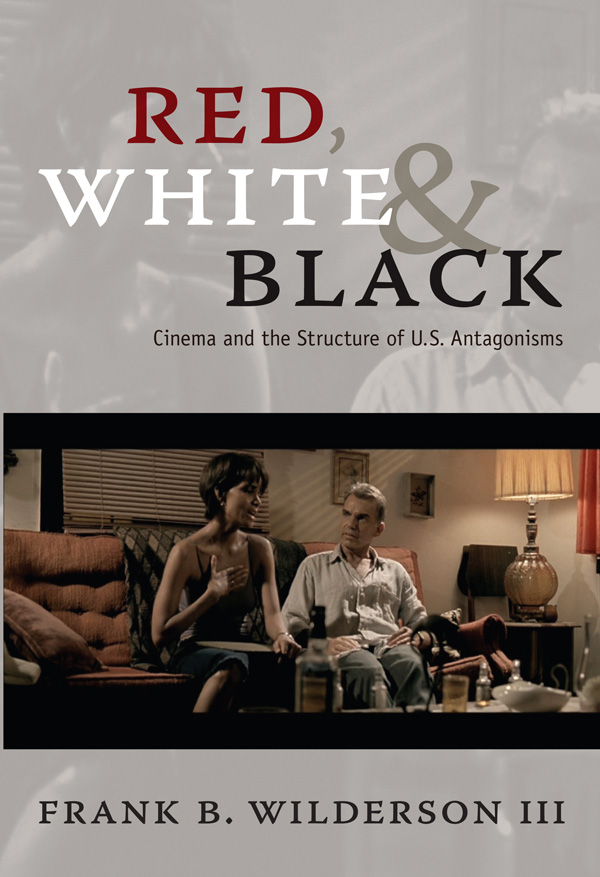From my time of arrival in 1991 to the first nonracial elections in 1994, in which I voted, as permanent resident, for Mandela, I struggled alongside thousands of others to topple the apartheid government, to bring the ANC to power, and to crush White hegemony and capitalism in South Africa. (Not everyone in the ANC shared the latter goal; nor were White hegemony and capitalism destroyed.) Not since my adolescence had I lived through a political context in which the word revolution was used without irony; a context in which the dream of toppling a racist regime was a matter of “when” and “how,” not “if.” During those years, I did everything and anything that was asked of me to make this dream a reality, from legally sanctioned political organizing to insurgent tactics that would make a “pacifist” cringe. Pacifist is in scare quotes because the same person who condemns guerrilla warfare will pay their taxes without pause or thank a military veteran for his service. In the first instance the “pacifist” disavows her identity as a mass murderer; in the second instance, she applauds in one person the behavior she condemns in another. Armed with Edward Said’s mini-lecture on strategic rigidity and tactical flexibility, I went to South Africa unencumbered by this mendacious mind-set.In the gray zone between organizing and insurgency, I worked for the ANC Regional Peace Commission; which also served as a cover for gunrunning weapons to squatter camps and townships. At the ANC Peace Commission I wrote reports for Amnesty International and for Human Rights Watch. But, as I said, we were also engaged in gunrunning. And we had to hide this fact in our reports, of course, because you have to be a “pure” victim to get support from these Western NGOs. So there was a series of disinformation initiatives that we were engaged in. In other words, we came face-to-face with the awful liberalism of Human rights discourse and how it acts as a drag on revolutionary activity.In addition, I also conducted political education workshops on Gramsci and other theorists for members of a clandestine uMkhonto we Sizwe unit; and supplied the commander with “political scenarios”: what-if documents on the gain or loss of political capital that might result from insurrectionary initiatives. There were three theaters of insurgent tactics that this unit, as well as other units, focused on.
- Secret propaganda: Creating an information context or a disinformation context in the press that advanced the work of aboveground mass movement structures; and the production of political broadsides that could not be attributed to MK.
- Psychological warfare: Mainly in the university-industrial complex where our targets were English-speaking liberals, rather than Afrikaners. The endgame was to force liberals to openly wield the violence that sustains them. The overarching objective was to isolate and emasculate White liberals (English-speaking South Africans) who were in key positions of power, and who were against apartheid, but not in favor of a socialist dispensation. These individuals wanted an evolution from apartheid capitalism to laissez-faire capitalism. Ultimately our goal was to turn the commanding heights of the university-industrial complex into liberated zones. This would help to weaken the overall structure of racial capitalism in South African.
- Covert operations: The violent response to Inkatha and the state security forces, which often meant simply gunrunning to ANC-aligned Self-Defense Units in the townships. The people I reported to were students at the University of Witwatersrand, where I taught when I first arrived; students who had been trained in the Soviet Union or in secret guerrilla bases inside South Africa. When the Soviet Union was dissolved, our supply of arms from the Soviet Bloc began to dissolve as well. Unconventional and creative ways of obtaining arms were developed. Such as bilking Western NGOs by working with a dedicated comrade on the inside to create a fantasy project and then funneling the bulk of the money to purchase weapons for armed struggle in the townships and squatter camps.
In the “daylight” realm of political organizing, I was seconded to the ANC Subregional Executive—a five-person group of political commissars for Johannesburg and the sixteen surrounding townships. And Nadine Gordimer, the South African novelist who won the Nobel Prize in Literature in 1991, nominated me to take her seat as projects coordinator on the Regional Executive Committee of the Congress of South African Writers.
But none of the activities mentioned above happened overnight. I went to South Africa reluctantly, intending to stay only long enough for Khanya to finish her law degree. More disappointments and reversals were bundled into the first six months of our life in South Africa than I had known since the first six months of my life with Stella eleven years prior, in Minneapolis. Had I been an Afropessimist and not a Marxist at the time, I might not have been so broken by it all; I would have known that the world is one big plantation.
I went to work in a dreamy trattoria called Mario’s in a suburb of Jo’burg not far from where Khanya had returned to law school. White English-speaking South Africans called “Wits” the “Harvard of the South.”
Shortly before I arrived, the government confiscated Khanya’s identity documents. She was stateless, now, in the place of her birth. And her passport was revoked. Even if she changed her mind we couldn’t leave. The dream of Amsterdam was receding swiftly. Nor could I get permanent residency through her status as a citizen of South Africa. Khanya and I were collateral damage. Her older sister, Rebone, had been fired from her job in the Finance Department in Bop. Rebone’s partner was an insurgent in the Azanian People’s Liberation Army, the armed wing of the Pan Africanist Congress (PAC), and he was wanted by the South African intelligence community for the transport of arms and munitions from Zimbabwe to South Africa. So Rebone was fired and placed under house arrest and Khanya’s identity documents were confiscated as well.
None of this fazed me when I arrived, for I had a glowing letter of recommendation from Edward Said. Within days I had landed a job as a junior lecturer in comparative literature.* Khanya and I thought our problems were solved. But on the day before classes began, I was fired. I went to the office of the dean to sign my contract. Instead, I saw that she had a copy of my letter of recommendation from Edward Said on her desk next to a copy of the syllabus for my graduate seminar, Intellectuals and the State. The dean was aloof and pushed for time. She had no contract for me to sign. Instead, the dean told me a story: Edward Said had given a public lecture at Wits, a few months before I emigrated. “Our Jewish students,” as she called them, “rioted.” She told me how they tore through campus overturning dustbins and disturbing the peace; the kind of thing “we” are used to from “our Black students.” Apparently, her Jewish students had not agitated on campus prior to Said’s visit. Employing me, she said, ran the risk of all that happening again; especially when the contents of the syllabus—she slid it across the desk to me—got out. I pleaded with her. But she stood up and offered me her hand.
It was January, the hottest month in Jo’burg, the coldest month in New York. I didn’t go home for several hours. How would I break this news to Khanya? I read a newspaper in the dining room of Wit’s Great Hall, across the street from where we lived. The headlines gave no indication that our lives had been turned upside down. The Soviet Union had dissolved into the Russian Federation, which meant Cuba was now the ANC’s only source of tactical support for the armed struggle; President George H. W. Bush ate something bad on a state visit to Japan and vomited on Prime Minister Kiichi Miyazawa’s lap; a cleaning woman found photos of Texas millionaire John Bryan sucking the toes of the Duchess of York; Paul Simon’s tour opened in South Africa; and serial killer Jeffrey Dahmer pled guilty but insane. Not one article on the manhole I fell into that morning.
The professors in Comparative Literature were appalled by the dean’s reversal of their decision to hire me. Graduate students had already signed up for my seminar, which was to start tomorrow. I said I would teach for free. But Ulrike Kistner, a professor who (I later found out) worked in the underground and was a dedicated Marxist, said that would be unethical. She persuaded the chair of the department to pay my salary from Comp Lit’s annual outsidespeakers budget. It came to less than what I would have earned had the dean not fired me, and there were no health benefits, nor would there be employment documents that I could take to Home Affairs to get permanent residency. Finally, at term’s end, I’d be out in the cold again. But it was better than nothing. I also waited tables at Mario’s several noon and night shifts a week. And I taught an evening creative writing workshop for Wits’ extension, but that, I was soon to find out, would also come to an early end.
On the evening of June 1, 1992, as my journal records, I went straight to class from the aftermath of a massacre in Phola Park.** I looked around the table at fifteen alabaster faces and said to myself, I can’t do this. I really can’t do this. Not tonight. Pretend that their stories and their vignettes are meaningful—or that they’re ethical! Pretend that I care about them. There’s Huntley Bridge, the diamond jeweler from Parktown; primed and ready to go with fifteen copies of his turgid memories of the bombing of London when he was a boy. And beside him, Grace Kensington, mummified in enough makeup to open a Revlon franchise. Last week we had to slog through a tea party for the wives of silver mine managers ten years ago in Zambia. And young Jimmy. Why can’t I ever recall his last name? Jimmy Deadhead, that ought to do. How are we doing today, Jimmy? Not too coked-up, I hope. If only he knew how much I loath science fiction. Okay? And Muriel Mendelssohn, sweet little Muriel, she’s in her mid-thirties, like me: Muriel who writes sunflower and poppy vignettes about life in a White boarding school just outside Harare, when Zimbabwe was still that quaint land called Rhodesia.They vibed off of me. There’s no better feel-good than praise from a Black man. I’d become their first Black friend (besides their domestics). Grace invited me to Sandton for tea. Muriel wanted my help with her jazz collection. Huntley Bridge had a deal on diamonds for me. Jimmy, bless his heart, wanted to know if I got high.I had dreaded walking into that workshop. How could I have gone there after going to Phola Park? I could have called in sick. Now I’m out of a job. I was emotionally unable to workshop Huntley’s piece on English children in the air raid. I told them we’d get to it after a preliminary exercise. I passed around fifteen copies of a newspaper article on the massacres. I asked them to get out their Gabriele Rico book, Writing the Natural Way, and review the section on clustering and mind-mapping as a means to producing a more engaging vignette. Not the first time I’d started the session like that. But it was the first time when the word I asked them to cluster (once it was fear, once it was love, another time it was loss, last night it was violence) was put deliberately in context of the here and now.“Why are we doing this?” said Grace. “I thought we were going to work on Huntley’s story.”“We are. But I want us to do this now—I’ll do it with you.”Huntley said, “She asked you why.”“Because three hundred people are being killed each month in this country and more than half of them within a twenty-mile radius of this university. I can’t for the life of me understand why you’re not affected by that, seeing as how you’re so deeply affected by deaths that happened two thousand miles away and more than fifty years ago.”Huntley hissed, “I lived through that!” slapping the table with his manuscript.
“You’re living through this. Granted, you might not know how you’re living through it. That’s what the clustering helps you find out.”
“I didn’t come here to find out.”
Then young Jimmy, ever the chilled-out peacemaker, chimed in, “Hey, china, like, I’m affected by it, and I’m sure Huntley is too. But what we’re trying to say is that it’s just not in our writing. Like, my writing isn’t even about countries, china, it’s all about other worlds.”
“Don’t call me ‘china,’ you’re not Black, you’re a White Led Zeppelin–head from the suburb of Norwood.”
We’d crossed the Rubicon. The lines were drawn. All that was left was to fight it out. Huntley told young Jimmy that he didn’t have to take that, “not from him.” My back stiffened at his “not from him.” Grace nodded. Muriel looked distressed. The rest of the class sat absolutely still.
Huntley and Grace, the elder statesman and stateswoman, gave me a thorough working-over. Grace said it was a violation of etiquette to bring politics into the classroom: This is neither a Boer campus nor is it a Black campus; we’re neutral at places like Wits. She said she had a mind to report me to the extension school director. Huntley followed with a tirade on how he’d survived Hitler’s firebombs but “my mother did not!” He told me how he’d spent such a long time in the countryside only to come back to London and find his mother had died. “Do you have any idea what a shock that was? I was eight years old at the time. My father brought us here to get away from that. Not to rush headlong into it again. I’m nearing retirement. I want peace, and peace starts with peace of mind.”
It was like group therapy, where I was both the trauma and the cure.
“Okay,” I said at last, “now that you’ve had your say, let’s scan the news clipping and the images, then write the word violence in the center of an unlined sheet of paper, cluster and mind-map the word; then write your vignette. As usual, we’ll take fifteen minutes for the whole exercise. Whoever wants to share when we’re done can share; it’s okay if you don’t.”
Huntley balled up my newspaper clipping and threw it behind him.
“You haven’t heard a word we’ve said. I don’t even read the bloody newspapers! My days are hard enough. Do you know what’s happened to my diamond sales during all these years of the sanctions? I’m a British subject. I’m not a Boer. This violence has nothing to do with me. I’ve always said live and let live.”
“You’re a diamond seller, Huntley.” I folded my hands on the table and very calmly told him, “You’ve got blood all over you. The rest of you pay apartheid taxes and vote. What more of a connection to these massacres do you need?”
Huntley rose to his feet. He snatched the copies of his manuscript from the people around him and stuffed them into his satchel.
Muriel Mendelssohn had been listening in distress, as though she were reliving some horrible scolding from the headmistress in her Rhodesian boarding school. Now her voice cracked as she spoke. “We were all happy in your class. Now look what’s happening. You came here with an agenda. Like you’re having problems so you’re going to impose your neurosis onto us.”
“I came here straight from Phola Park, where—”
Slowly, Huntley sat back down. “What were you doing in Phola Park?”
“I work for the ANC Peace Comm—”
“I bloody well knew it,” Huntley cried.
“He wants to brainwash us,” said Grace Kensington, looking around for confirmation.
“I’m leaving,” Huntley said, but he remained seated. “This fellow can’t help us with our writing.”
Muriel said, “After tea, we can all come back and be sensible.”
“Tea is going to be delayed for the fifteen minutes it takes to do this exercise,” I told them.
Grace was incredulous. “No tea? Rubbish. First you turn our creative writing class into a communist reeducation camp; then you inflict tea deprivation. We are not your slaves!”
I started laughing.
“You think I’m funny? I’m a joke to you?”
“You live in Sandton, don’t you, Grace?”
“Don’t answer that, Grace,” Huntley scoffed. “The man’s a sophist. Where she lives has nothing to do with tea.”
“How many other people live in Sandton?” I went on. Four of the fifteen students lived in Sandton. The rest of them lived in other rich White suburbs near to Sandton, such as Rosebank and Parktown (where Nadine Gordimer lived)—well-policed enclaves for the British. Those under forty lived east, in Yeoville, Norwood, or Bellevue East, where apartments could be found.
I told them some things they knew already: that no more than a thin highway separated Sandton from the Black township of Alexandra. “Alex” had a population of four hundred thousand residents living in one of the most densely populated areas in the world. Sandton had wide boulevards, sprawling parks, a five-star shopping mall, and houses the size of citadels. Did anyone know what percentage of the people in Sandton had electricity? They scoffed at the ridiculousness of this question and said one hundred percent. Right, well, what was it in Alex? No one knew. Twenty percent. That meant three hundred twenty thousand out of four hundred thousand people—or more than a quarter of a million people who lived right across the street from them—didn’t have electricity.
“Still don’t see how this gets back to tea,” Huntley said lazily.
“Since they don’t have electricity it’s safe to assume that they don’t have the elaborate burglar alarm systems on their shacks that you all have. There’s no early warning system when they get killed in the night. Not that anyone would come if there was. How is it that the electricity that you take for granted can’t cross the street? And why is it that the massacres they take for granted won’t cross the street to your homes?”
Grace insisted that the people of Sandton were not responsible for the lack of electricity in Alexandra and that they were certainly not responsible for the violence.
“The violence is Black-on-Black. Zulu against Xhosa,” she said.
“You don’t see White men hacking each other with pangas.”
Would she agree, I asked her, that since July 1990 Inkatha impimpis have been streaming into the Transvaal in record numbers? She told me impimpi was a derogatory term; how would I like to be called “nigger”? I decided to ignore that and changed the word to warriors. She insisted upon migrants; and, rather than ask her if she moonlighted as Gatsha’s publicist,*** I agreed on migrants.
“More than a hundred thousand of them have streamed in here over the past two years. You don’t need to read the papers to know this, just look outside your window.”
“Yes,” she conceded.
“Have they been attacking—let me rephrase that, have they been
at the center of this violence?”
“Yes.”
“Do they burn down the houses of township residents, do they shoot and maim people in their sleep, do they abduct women from the trains?”
“I have no knowledge of that.”
“Grace, you don’t have to be a rocket scientist. All you have to do is open your window and look across the street. They’ve run the multi-ethnic workingmen out of the hostels. They kill the residents and anyone they think supports the ANC. The police give them arms and take them wherever they want to go in huge vans.”
”Fine. What’s your point?”
“The Sandton City Council pays the rent for those hostels; which mean you pay their rent. That’s my point. But you say the violence has nothing to do with you. Doesn’t sound like Black-on-Black violence to me—not when the guns are White, the logistical support is White, and the money is White.”
Huntley stood up. “All those in favor of tea, follow me.” With the expeditionary zeal of a tour guide in Trafalgar Square he led all but four of them from the room. With moist eyes, Muriel Mendelssohn approached me.
“You must think we’re really repressed,” she said.
I didn’t know what to say.
A day later, the director of University Extension telephoned. She had received a complaint from the head of the Sandton City Council. She said she did not approve of an adjunct at Wits slandering the Sandton municipality. (I had also received a phone call from another member of the city council who demanded I present myself at the council’s next meeting and retract statements that I made implicating them in the violence. She said that if I didn’t pitch up at the next council meeting they would initiate civil and perhaps criminal proceedings against me—that if I wasn’t prosecuted, I could be detained.) The university traded on goodwill, the director of University Extension intoned. I was hired because I had an MFA in fiction, not a Ph.D. in political science. They would not need me to teach creative writing in the next term.
Now Mario’s Trattoria was all I had left.





